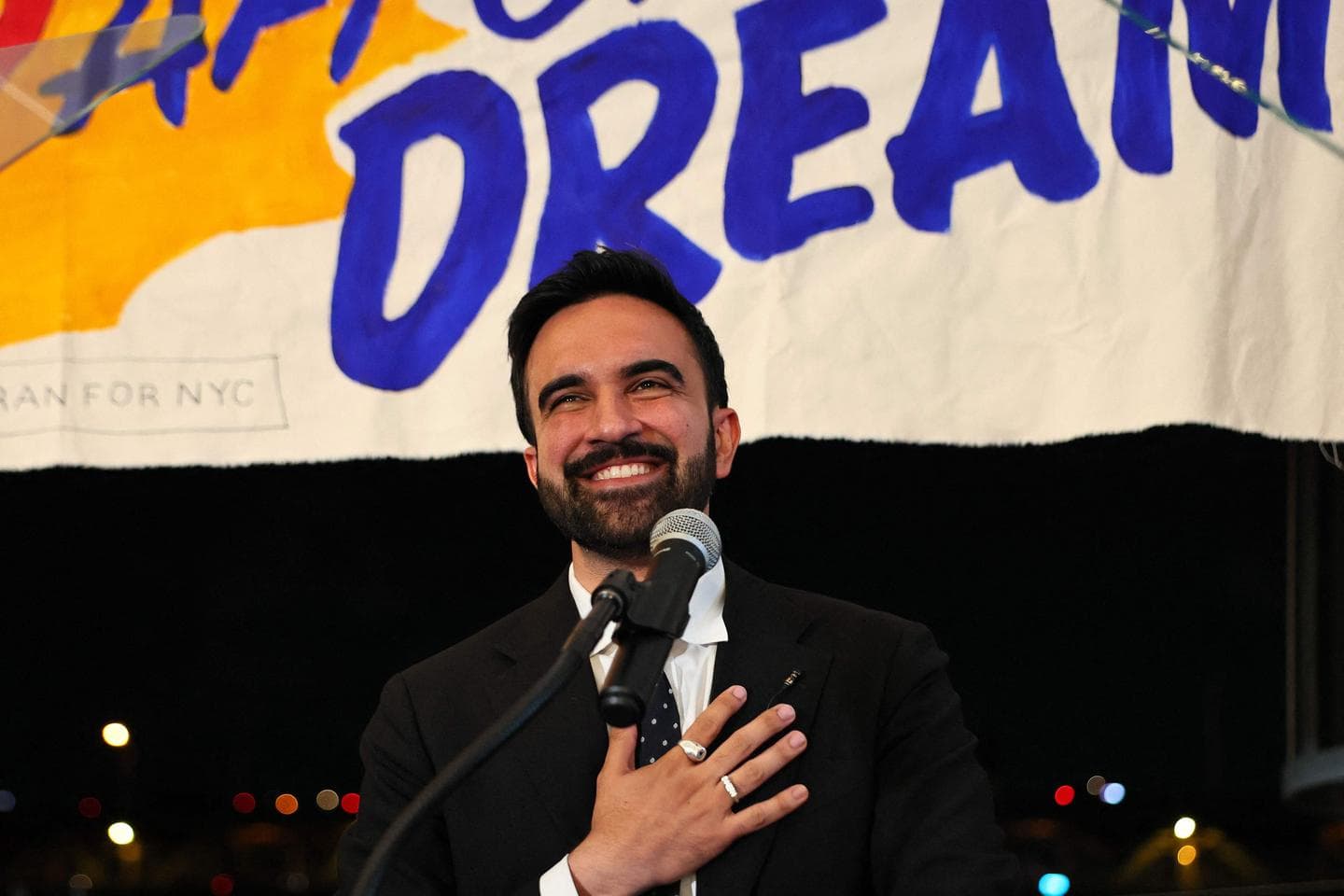55% of U.S. Adults View Capitalism Positively Amidst Debate on 'Rhetorical Socialism'

A recent social media post by user PoIiMath has sparked discussion regarding the perceived enduring power of capitalism and the limited capacity of certain political figures to fundamentally challenge it. The tweet suggests a prevalent public belief that capitalism is both "mostly good" and "extremely powerful," leading to a view that efforts by individuals like academic Mahmood Mamdani or Senator Bernie Sanders are largely symbolic. This sentiment underscores a broader public discourse on economic systems.
The post directly stated, "> Real talk: No one thinks that Mamdani or Sanders have enough power to functionally counter capitalism. Everyone believes that capitalism is 1) mostly good 2) extremely powerful. So you can vote for candidates who play with rhetorical socialism now and then for fun." This highlights a perception that challenges to the existing economic order are often viewed as more rhetorical than transformational.
Mahmood Mamdani, a distinguished Ugandan academic and political commentator, is recognized for his critical analyses of post-colonial societies and the impact of global capitalism, particularly in Africa. His extensive work often questions dominant economic paradigms and advocates for alternative development paths, providing a scholarly framework for understanding systemic inequalities. His inclusion in the tweet points to a perception of his intellectual influence rather than direct political power.
U.S. Senator Bernie Sanders, identifying as a democratic socialist, advocates for significant reforms within a capitalist structure rather than its complete overhaul. His platform champions policies such as universal healthcare, tuition-free higher education, and strengthening social safety nets, aiming to mitigate wealth inequality and regulate corporate power. Sanders frequently criticizes what he terms "crony capitalism" and seeks to create a more equitable mixed economy.
Public opinion data supports the tweet's assertion of capitalism's strong standing. A July 2022 Pew Research Center study revealed that 55% of U.S. adults hold a positive view of capitalism, while 36% view socialism positively. While capitalism maintains majority support across most demographics, a notable generational divide exists, with younger Americans showing more balanced positive views towards both systems.
The concept of "rhetorical socialism," as mentioned in the tweet, refers to the use of socialist-leaning language or policy proposals by politicians that may not fundamentally alter the capitalist system but aim to address its perceived shortcomings. This suggests a public understanding that while some politicians may critique capitalism, their proposed solutions are often seen as incremental adjustments rather than revolutionary changes to the economic foundation.